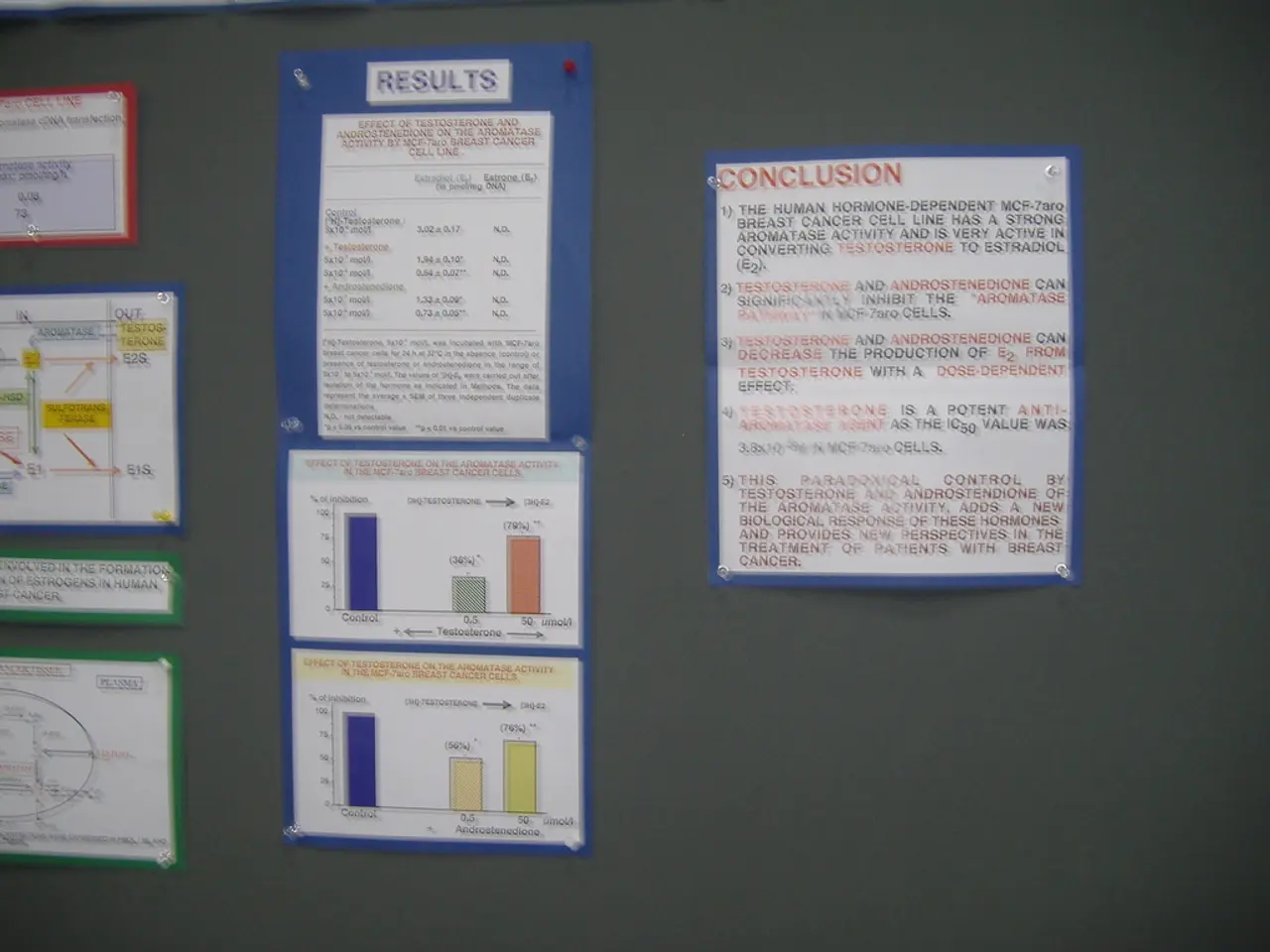AdministrativeOverhaul Suggested, Poland Offered as Model - Administrative reforms advocated, Poland pointed out as an example
Szczecin, Poland, is modernizing its public administration and improving public safety through extensive investments in artificial intelligence (AI) and digital services. This transformation, led by Poland's national AI initiatives, has the potential to save up to 20 percent of costs and speed up procedures, according to Daniel Peters, the CDU state parliament faction leader in Mecklenburg-Vorpommern.
During a recent information visit, Peters met with Mayor Piotr Krzystek to learn about Szczecin's administrative modernization strategies. Krzystek, an advocate for innovation, is actively promoting the integration of modern technologies into urban development.
One of the key areas where Szczecin is leveraging AI is in predicting high water levels, aiding in evacuation preparations and potentially saving lives. The city also uses high-resolution cameras for license plate and facial recognition, with data stored for 30 days for crime investigation purposes. These automated administrative processes are reported to speed up procedures, reduce errors, and relieve employees of routine tasks.
The use of these technologies has significantly improved crime fighting and increased the perceived security of the population, according to Peters. Poland's engagement with EU AI projects and firms innovating in digital public services suggests that city-level applications are either underway or imminent.
Mecklenburg-Vorpommern, Germany, could indeed benefit from similar AI and automation strategies. By adopting AI-powered service desks, the region could improve administrative efficiency, automate routine tasks, and enhance public safety through predictive analytics, AI-driven surveillance, or emergency response optimization. This would help Mecklenburg-Vorpommern modernize its governance while maintaining data sovereignty and public trust, as seen with AI tools deployed by governments and banks in Europe for transparency and efficiency.
Peters suggests that Poland could provide valuable lessons in automating administrative processes and employing artificial intelligence. However, he did not mention any specific strategies or methods for implementing these modernizations in Mecklenburg-Vorpommern. Krzystek believes that the consistent use of modern technologies will bring more prosperity and security for citizens.
In Szczecin, automation creates room for genuine citizen service and makes state structures more efficient. This transformation, driven by Poland's national-level AI initiatives, offers a blueprint for other regions seeking to modernize their public administration and make it affordable in the long run.
- The community policy in Szczecin, Poland, is being modernized through extensive investments in artificial intelligence (AI) and digital services, aiming to save up to 20 percent of costs and speed up procedures.
- In Mecklenburg-Vorpommern, Germany, the implementation of AI-powered service desks could improve administrative efficiency, automate routine tasks, and enhance public safety, following Szczecin's lead.
- Poland's national AI initiatives, such as those in Szczecin, could provide valuable lessons for other regions in automating administrative processes and employing artificial intelligence.
- As businesses and governments worldwide adopt AI tools for transparency and efficiency, it is essential to maintain data sovereignty and public trust during the modernization of public administration, as seen in Europe.




